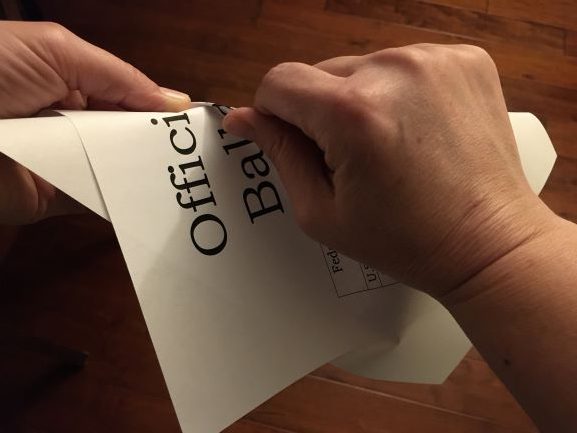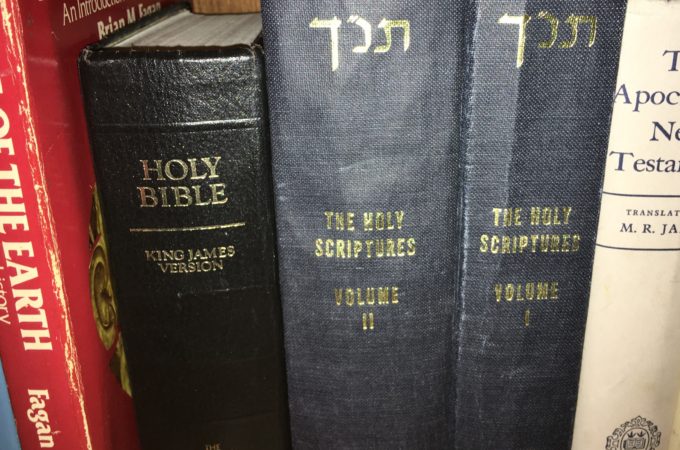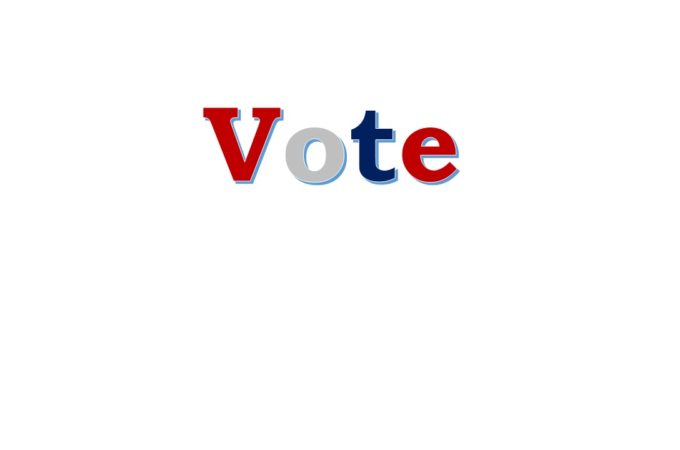
Gun Violence: An Unnecessary American Tragedy
Gun violence in the United States is pervasive. Such violence inflicts deadly and devastating consequences in our communities and compromises our sense of certainty and well-being. Without taking significant steps to mitigate gun violence in our country, our values regarding life, our optimism, and our individual and collective aspirations are in jeopardy.
Statistics on gun violence in the U.S. are sobering:
- Guns are the second leading cause of death for children and teens.(3)
- Guns are the first leading cause of death for black children and teens(3)
- Approximately 58 percent of adults or someone they care for has experienced gun violence in their lifetime.(3)
- About 3 million children witness gun violence every year.(3)
- Nearly 68 percent of homicides are gun homicides.(4)
- Although violent crime overall is statistically decreasing,(5) gun violence and mass shootings are increasing.(6)
These statistics are not just analytics or impersonal data; they convey the tragic scale of gun violence in the United States. Behind these statistics are the painful, enduring losses and anguish that traumatize families and communities.
It is estimated that there are 393 million civilian-held guns in the United States. This estimate represents approximately 46 percent of the estimated total of civilian-held guns throughout the world(1) even though the U.S. consists of only 4 percent of the global population. About 30 percent of U.S. adults own a gun and just over 40 percent of U.S. adults live in a gun-owning household.(2)
The Second Amendment of the Constitution states that “A well regulated militia, being necessary to the security of a free State, the right of the people to keep and bear arms, shall not be infringed.” In eighteenth and nineteenth-century America, a militia was a group of citizen-soldiers organized under the auspices of a community or state meant to collectively defend local citizens. By the early twentieth century, local and state militias became the National Guard. The history of Supreme Court judicial thought demonstrates that the Second Amendment was consistently interpreted in the context of a state-supported, regulated militia. Then, in the District of Columbia v. Heller case in 2008, the Supreme Court ruled in a 5-4 decision, that an individual has the right to guns outside of the context of a state-supported militia. This ruling was a significant departure from all previous Supreme Court decisions. Nevertheless, as articulated in the majority opinion authored by Justice Anthony Scalia, this decision by the Court made clear that the Second Amendment right is “not unlimited” and qualifications and laws can be applied to the possession and sale of firearms.
The Second Amendment, along with all the rights enumerated in the Constitution, is sacrosanct. Yet, no right articulated in the Constitution is absolute. The First Amendment guarantees the right of free speech. However, the right to free speech does not allow an individual to incite specific, imminent harm to another. Nor does the Second Amendment allow an individual to have a nuclear weapon or a multitude of current military-grade weaponry.
In 1994, a federal ban on assault-type weapons was implemented, but the ban expired in 2004. Attempts to renew this ban have been unsuccessful due to aggressive lobbying efforts by some gun advocate groups. A recent study showed that the assault weapons ban significantly reduced mass shooting deaths.(7) Currently, federal law requires background checks on individuals purchasing guns that are sold by licensed firearm dealers. However, background checks are not required under federal law by unlicensed sellers or individuals.
Since 1977, the National Rifle Association (NRA) has aggressively opposed any gun restrictions. Ironically, most NRA members and gun owners support universal background checks for all gun purchases.(8) And a significant majority of Americans believe that stricter gun laws should be implemented.(9)
It is often stated that mental illness and violent video games are the primary reason for gun violence or mass shootings. Studies have shown that neither mental illness nor violent video games are typically linked to violent crime or mass shootings.(10)(11) Further, it is argued that arming more citizens, arming teachers, and armed guards in schools will prevent gun violence and mass shootings. The truth is that more guns and armed individuals don’t statistically prevent gun violence or mass shootings.(12)(13) Research consistently demonstrates that weak gun laws and the ease of availability and access to guns increase gun violence.(14)(15)
Numerous analyses conclude that enacting some common-sense laws will decrease gun violence. These laws include:
- Universal background checks
- Prohibiting assault weapons
- Restricting or banning high-capacity magazines and clips
- Banning any resources, kits or supplies to make or manufacture ghost guns*
- Implementing red flag laws**
- Instituting strong domestic violence laws
- Strong oversight of gun dealers
- Firearm trafficking laws
- Mandatory gun permits, licensing and registration
- Accountability laws for gun sellers and purchasers/owners
Enacting just one or two of these proposed laws will not be enough to significantly reduce gun violence. Conversely, if these measures became law throughout the United States, gun violence in the United States would dramatically diminish. (16)(17)
Most individuals who commit crime(s) with a firearm acquire guns through straw purchases,*** the underground market, or from friends or family.(18) Instituting mandatory gun registration, gun trafficking laws, strong oversight of gun dealers, and aggressively holding individuals criminally accountable if they purchase, loan, give or negligently provide access to guns to another individual who uses them in a crime would significantly curtail access to firearms via the underground market, straw purchases, or from family or friends.
Some gun enthusiasts and gun rights advocates often express concern that any laws or restrictions on guns will threaten their ability to own a gun. Over the preceding decades, several gun laws (e.g., Gun Control Act of 1968, the Brady Handgun Violence Prevention Act of 1993, etc.) have been implemented. None of those laws banned gun ownership. Nor did these laws serve as a precursor to banning gun ownership. Implementing all of the gun laws mentioned above would not end gun ownership. Neither do any of these laws threaten gun collectors, sport shooting, hunters, individual self-defense, or traditional American gun culture as fondly expressed by many gun owners. Any suggestion otherwise is mere hyperbole.
Sadly, with each high-profile incident of gun violence, proposed gun legislation, or national crises (e.g., the coronavirus pandemic), some gun rights advocates and organizations stoke the fears of gun owners by suggesting their safety, rights or guns will be taken from them. It is not unusual for firearm sales to significantly increase after a mass shooting, times of national distress, or during robust national conversations on gun laws; and many of the gun purchases are by long-time gun owners. Gun owners seem oblivious that they are being manipulated into purchasing more guns for the financial benefit of firearm manufacturers, gun retailers, and the National Rifle Association (which receives tens of millions of dollars from firearm manufacturers).(20) Which begs the question: How many guns does an individual need to feel safe? One? Two? Ten? Twenty? And how many firearms can a gun owner practically carry at any given time? Owning a large number of firearms doesn’t make an individual safer. Statistics demonstrate that owning guns makes you less safe.(19) Some gun-rights advocates argue gun purchases are necessary to safeguard democracy and prevent government tyranny. Yet, studies have shown there is little correlation between gun ownership and democratic government.(21)
Unfortunately, many gun-rights advocates vilify those who support steps to mitigate gun violence and characterize them as un-American while claiming they are patriots. Supporting the end of gun violence is American. And protecting our families and communities from such violence is the epitome of patriotism.
It is often stated that “Guns don’t kill people, people kill people” or “The only thing that stops a bad guy with a gun is a good guy with a gun.” These cleverly worded phrases misrepresent the realities of gun violence. People with guns do kill people. Further, an undue abundance of and unfettered access to firearms, especially rapid-fire weapons in numerous settings and situations, fosters gun violence; truly a no-brainer. It is also clear that the firearm abilities and the prudent use of guns by “good” individuals with access to such weapons during intense and stressful situations are uneven at best. It is time to disregard such useless, sophomoric phrases promulgated by some gun lobbyists and advocates.
Now is the time to take action against gun violence!
Contact your elected officials to advocate for laws that require gun registration and licensing, banning of assault weapons, high-capacity magazines/clips, and the means to make ghost guns, implementing strong regulations for accountability, domestic violence, and trafficking, strong oversight of gun dealers, universal background checks and the removal of guns from individuals who present a danger to others or themselves.
Contact and support these organizations:
Coalition to Stop Gun Violence
References:
- Small Arms Survey
- Pew Research
- Everytown Research
- ProCon
- Pew Research
- ThoughtCo
- NCBI
- The Hill
- PBS
- The Trace
- Research Gate
- NBC News
- The Trace
- Harvard University
- Research Gate
- Everytown Research
- Giffords
- U.S. Department of Justice
- Slate
- The Week
- Think Progress
*Ghost guns: Self-made guns without any serial numbers that are untraceable by law enforcement. Ghost guns can be made from kits and supplies available for purchase and 3-D printers.
**Red flag laws: Laws that permits law enforcement to temporarily remove firearms from an individual that may present harm to others or themselves. Such removal by law enforcement requires sufficient cause/evidence and approval from a court.
***Straw purchases: Firearms purchased by an individual on behalf of another individual who can’t legally purchase a gun.


